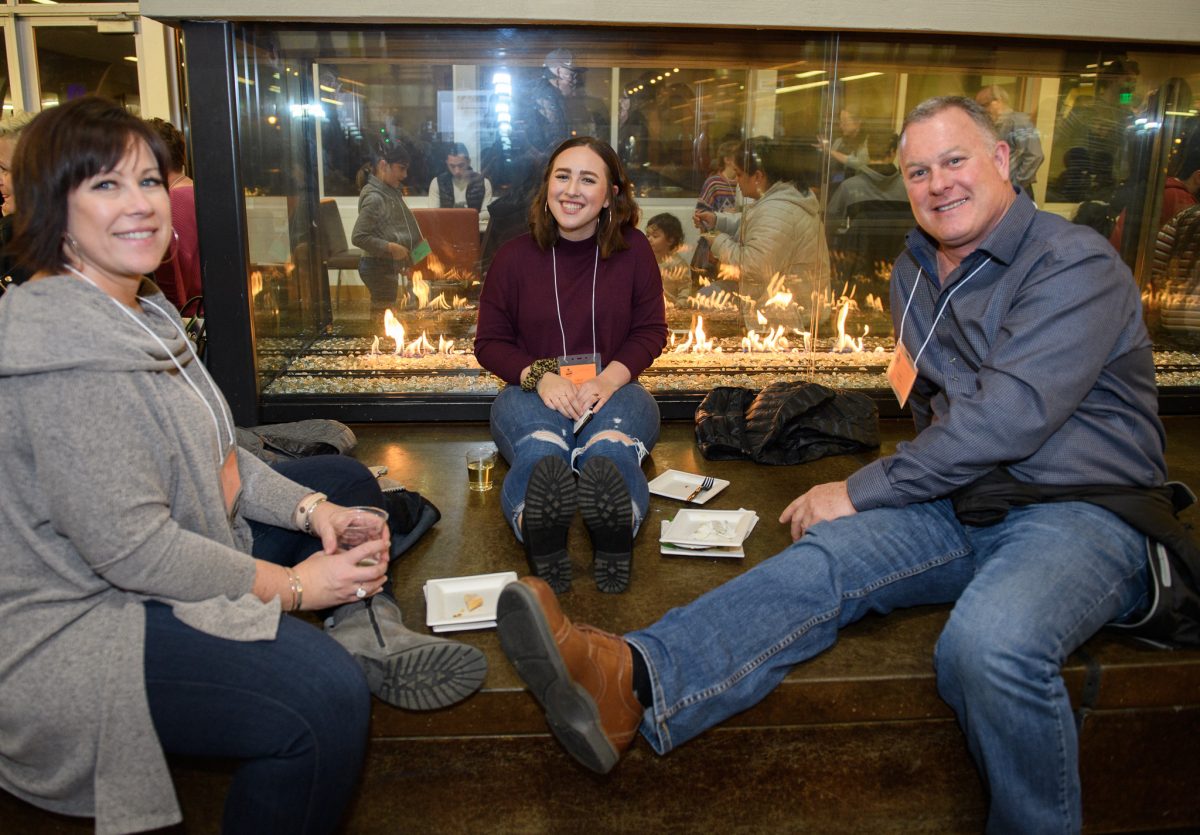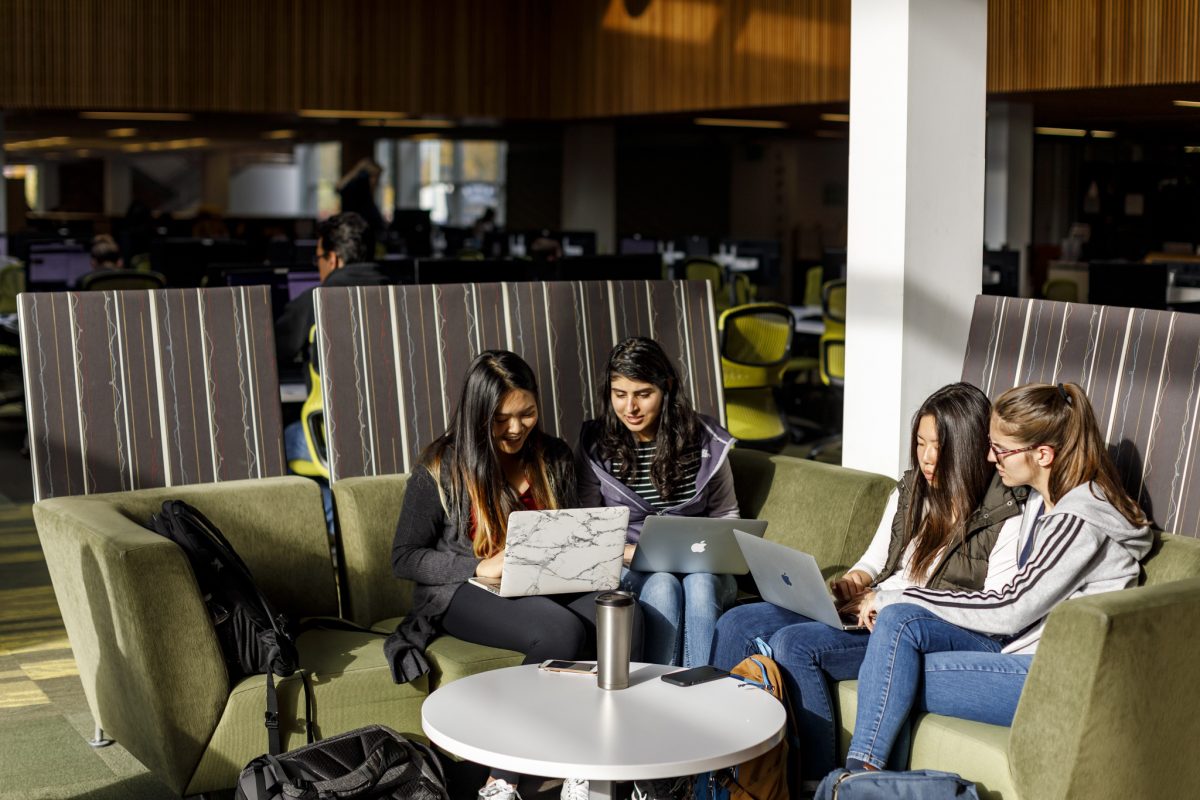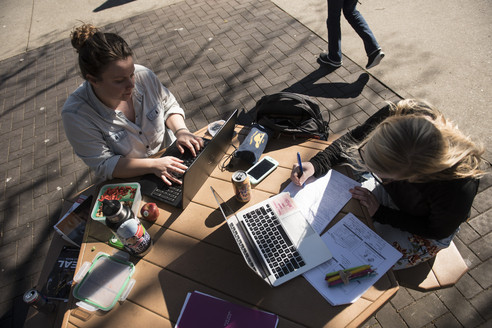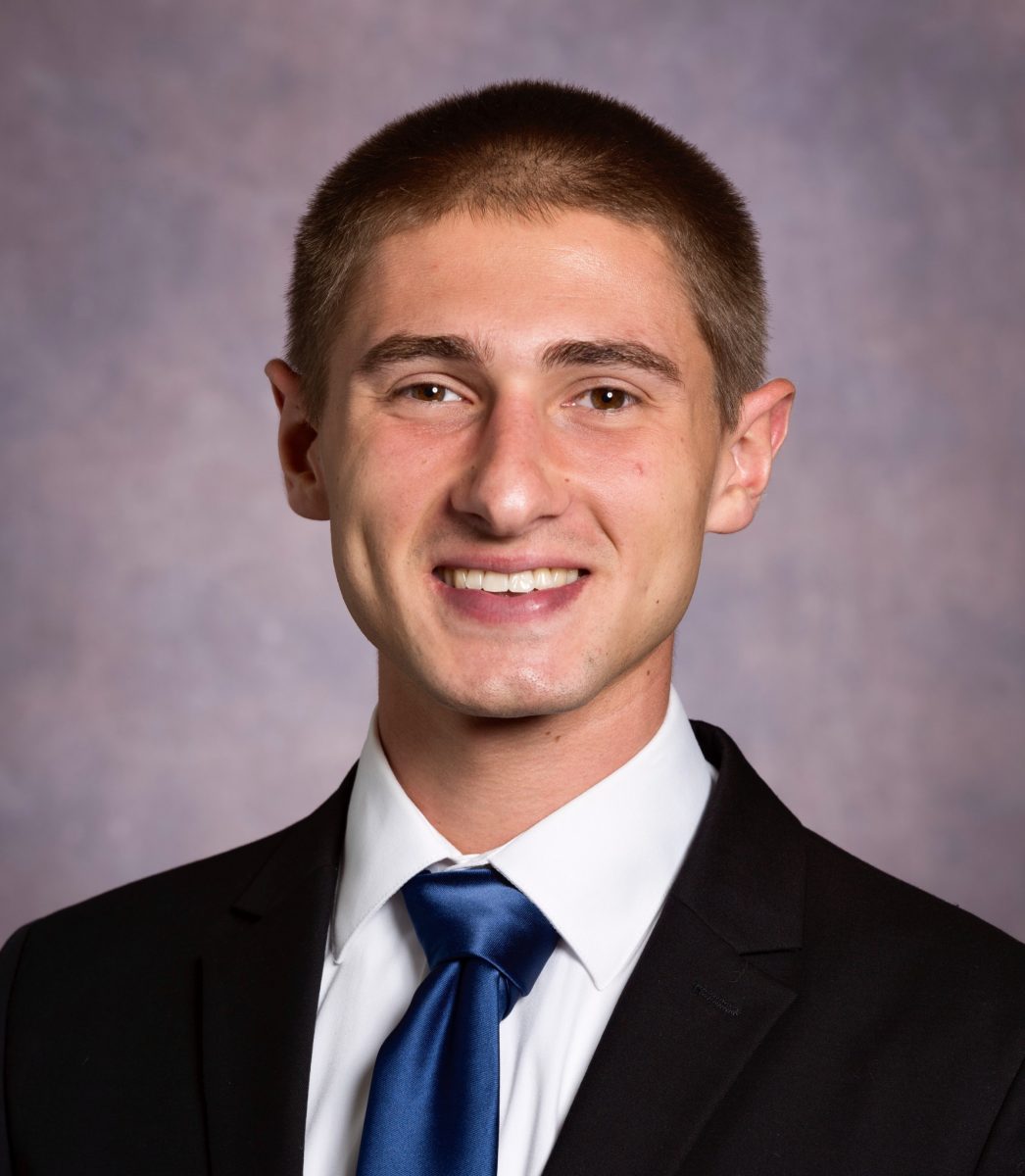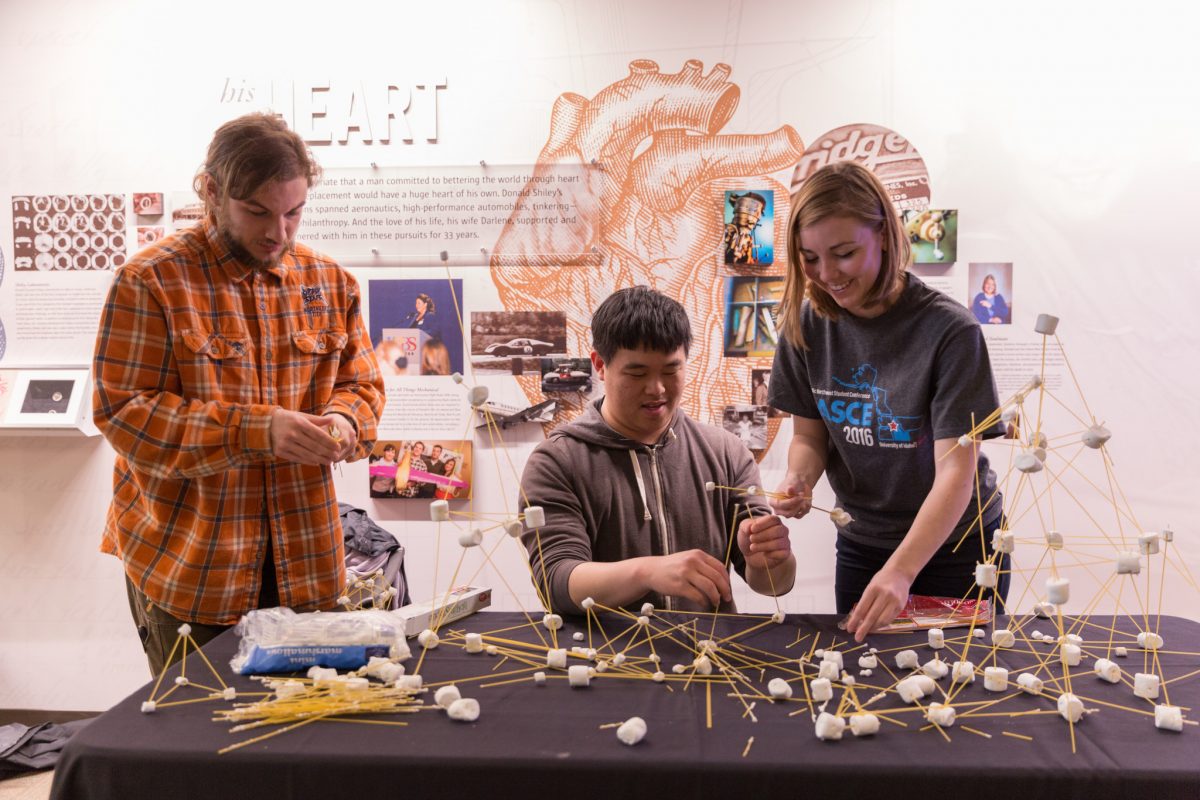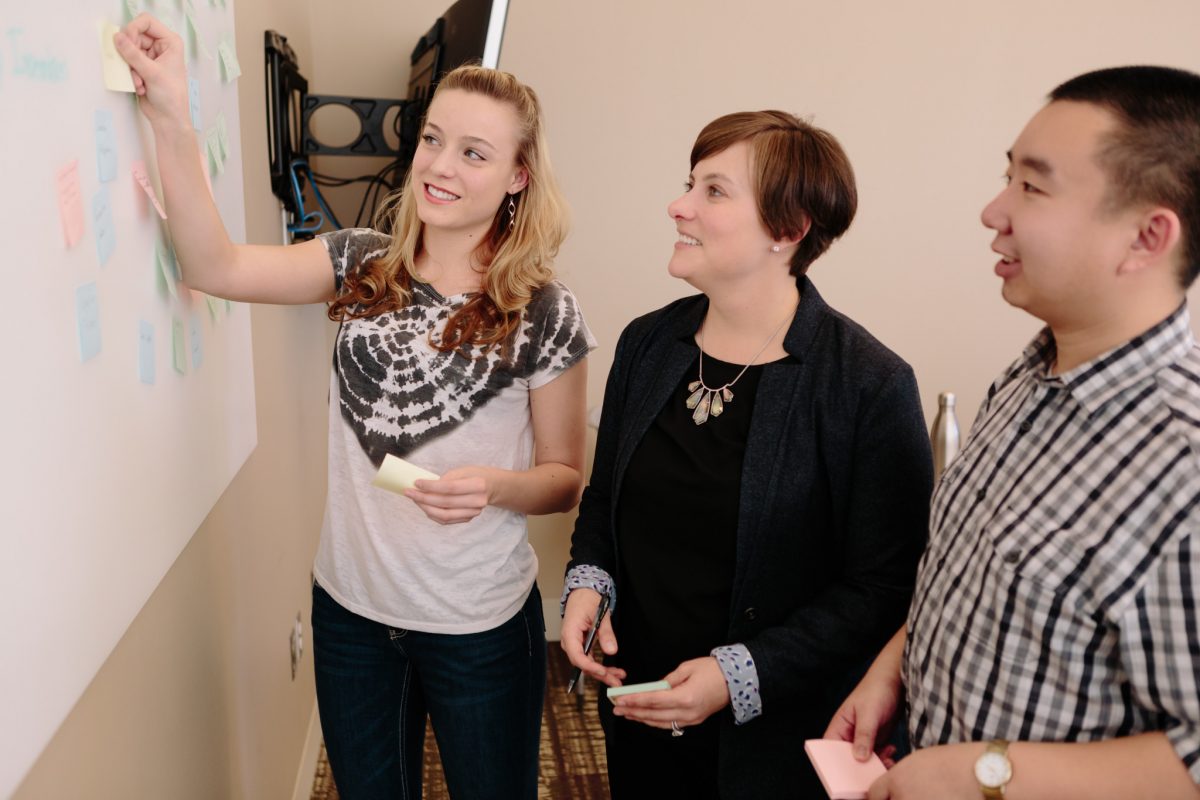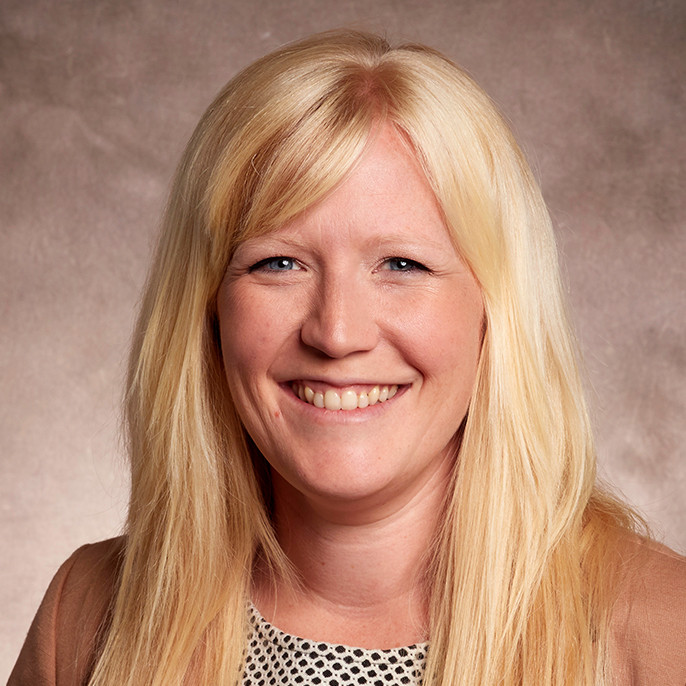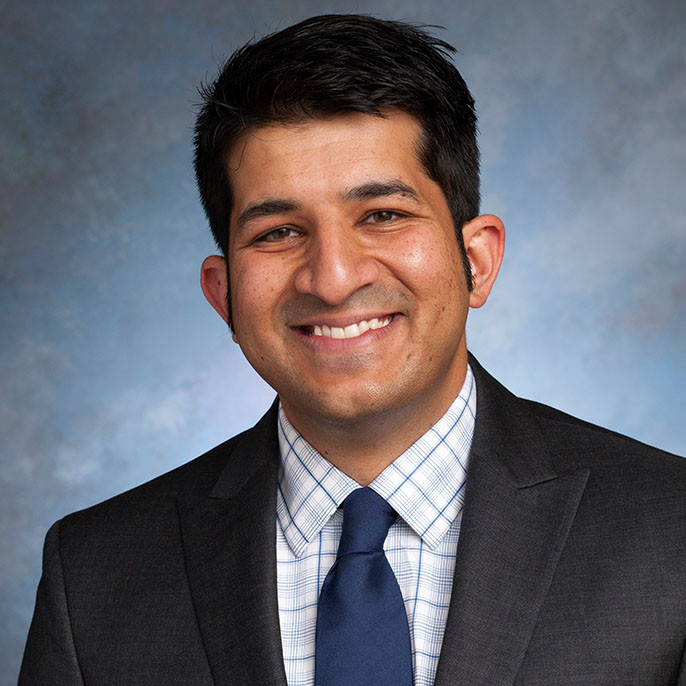I
can still remember the time I received my first set of college midterm grades –
and the disbelief I experienced after realizing how different that process was
from high school exams. With so many recent changes, newly found independence,
and expectations of what college is “supposed” to look like, the increased
academic pressure felt like a tornado devastating the city I was trying to
build around me.
Now it’s your student’s turn to venture into the unknown. It may seem early in the semester, but midterms creep up quickly! Students may have come back to school determined to adjust their study habits after the fall term. Some could feel residual homesickness after catching a month-long breather with those they love. Students may be inspired by the thought of a fresh start, or melancholy from the lack of sun they are receiving (we all need some more Vitamin D!). When you put all these factors into the blender of school (and soon midterms), your child may be experiencing something much harder to swallow than they anticipated.
As parents, you might feel powerless to help. Or you may feel that your student should be doing exactly what you did when you were a student. It worked for you, right? But at the core of the college experience is teaching newly independent adults to manage the sea of struggles and obstacles they’ll face with resiliency, with integrity, and in collaboration with others. And that is something you can help your student with!
Start a conversation!
As
a parent, checking in and asking appropriate, reflective questions may help
give your student perspective while they navigate their academics. Questions
about study habits may inspire students to look at these habits differently or
to try out a new form of study. Finding the study habits that fit the student’s
most effective learning style may assist in their work. A lot of information on
different learning styles is available online, such as this article.
Another way to look at an effective conversation with your student is to “test the waters” by asking questions that help give you a sense of where their stress and anxiety levels lie pertaining to upcoming tests. This can be followed up with “lowering the temperature” resource recommendations–you can provide encouragement and specific resources (see below) that will help students practice resilience and seek the support they need.
As
always, a simple show of support from you as a parent is always effective. I
may be biased, but you should also never underestimate the power of a quick $5 Venmo
with an encouraging text wishing them luck on their exams and to treat
themselves to a coffee!
How UP can help
Now,
let’s get tangible. The University of Portland offers a wide array of
assistance for students. Your student might just need a little nudge towards
getting help.
The
Learning Commons, in collaboration
with the Department of Communication Studies, offers peer consulting in our
Speech and Presentation Lab and Groupwork Lab. These peer tutors are
accomplished in the areas of presenting and working with groups, and they are
trained by the Learning Commons in tutoring approaches. The Learning Commons
collaborates with a plethora of campus partners to support multiple realms of
study including:
Learning
Assistance Counseling teaches students learning strategies and skills — like
those in their Academic Toolkit — enabling them to become successful students
and future professionals. Many students find the demands of college level
academic work to be greater than anticipated, so it’s important for students to
find help in adjusting to this new work-load. Students can work with the
learning assistance counselor to develop and refine the skills and tools
necessary to best meet the student’s needs.
The Shepard Academic Resource Center offers a number of resources to students, including a “Your First Year in College” page where students can find advising and various relevant articles amongst other things to support this step of the journey.
If
you notice your student’s grades are dropping significantly or that the stress
of study is becoming overwhelming (and you’re concerned about their physical, emotional, academic or personal health) please
submit an Early Alert. UP’s Early Alert
system is a consolidated effort to provide students with the help they need in
a timely manner. This system allows relevant campus partners to stay connected
with the individual needs of our students, as well as begin a process of
outreach and invitation for them.
Proxy Reminders
You
may be wondering how to learn your student’s midterm
grades. The first and best way is to ask them and then follow up with
intentional questions. Questions could include:
- Have you checked your midterm grades in Self
Serve?
- What grades are posted?
- Have you sought out resources through the
Shepard Academic Resource Center?
In addition to having a conversation with your
student, Parent Proxy is also available as a tool. “Proxy
access” provides an opportunity for University of Portland students to grant
access to family members or other designated individuals to view certain
student information online or to speak with specific departments regarding the
student. The most common scenario for granting Proxy access is so that a family
member can view a student’s grades or tuition invoices via the UP Self Serve portal. The person being granted access to the
student’s information is referred to as the “proxy”.
If
your student has added you as a Proxy through Self-Serve for the student information view,
you have permission to view their grades. You can access grades online via
the Banner Self
Serve Proxy system.
The bottom line is we care, and that’s why we’re here. You care, and that’s why you’re here too. When we come together in support, we can build a foundation that our students–your children–can build upon. Let’s help them dream big, build high, and stay sturdy throughout it all.
Jalen Hall is the
Assistant Hall Director of Schoenfeldt Hall at the University of
Portland, as well as a graduate intern in the Office of
Alumni & Parent Relations.

